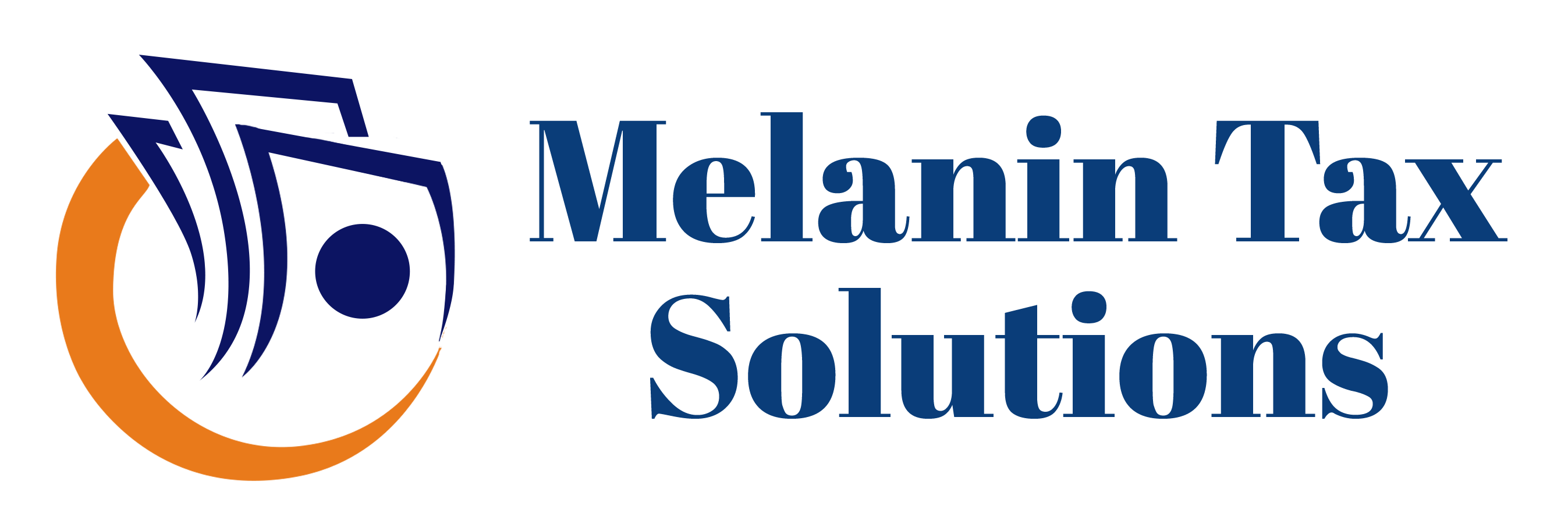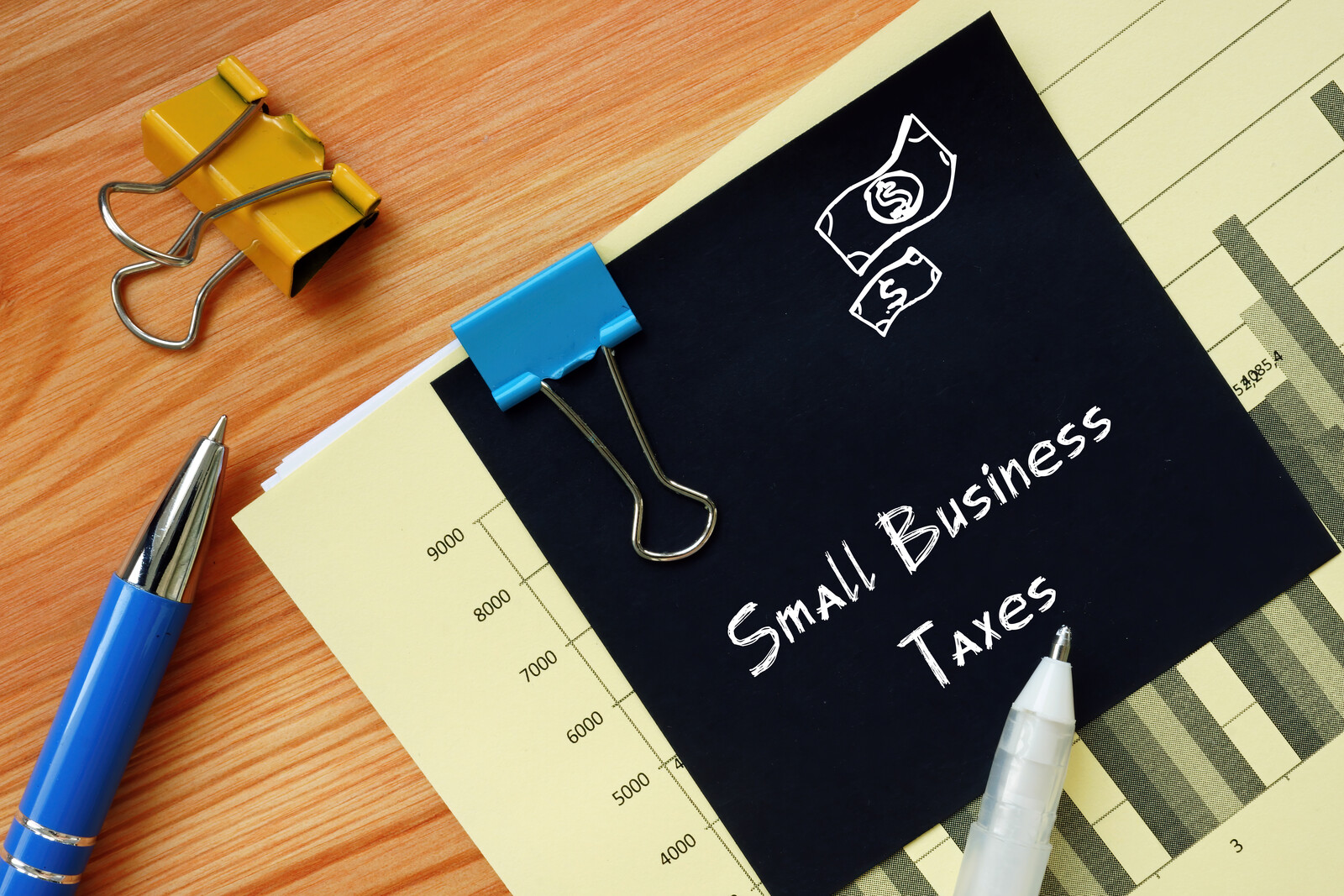Most small business owners hire an accountant or other tax specialists, like Melanin Tax Solutions, to help take care of filing their taxes. This is a smart business investment since tax laws can be confusing and any misstep can end up costing the owner more money. However, it is equally important that you take steps to educate yourself on at least the basics of the tax laws that affect small business owners. By doing so, you can plan and organize your business methods to best benefit your bottom line.
Here are five tips to get you started
Analyze and Adjust Your Bookkeeping Process/Software
Proper bookkeeping methods can save a small business owner significant amounts of both time and money. Having this system set up properly will help keep income and expenses organized, making them easier to track and report.
There are several popular choices for bookkeeping and accounting software that simplify the process even more. These software programs, once installed and set up, are connected to your bank account and track and organize credit and debit entries into specific categories. This greatly simplifies the process when tax season rolls around.
Take some time, even consult with a tax specialist if needed, to learn about allowed deductions for small businesses. This will help you set up categories within your software that will track those specific expenses so you don’t miss out on any deductions.
Stay Organized and Document Everything
Make sure you have an organized system for filing important documents: contracts and other agreements, expense receipts, mileage tracking, etc. Not only does that make it easier for your accountant to more quickly and accurately file your taxes, but it can greatly reduce the panic and stress if you are ever audited.
The Internal Revenue System (IRS) can audit your tax returns at any point if anything raises a red flag for them. If you are audited, the IRS can require documentation for every deduction, every expense you listed on tax returns not just for the year you are audited but going back seven years. Having that system in place can make that process much quicker and much more smoothly.
Home Office Deductions
Many small business owners miss out on this important tax deduction, largely because they do not fully understand the related tax law. In order to claim a home office
deduction, there are two tests it must pass: the Exclusive and Regular Use Test and, the Principal Place of Business Test.
The IRS (on their website, irs.gov ) explains those tests:
Generally, there are two basic requirements for the taxpayer’s home to qualify as
a deduction:
• There generally must be exclusive use of a portion of the home for conducting business on a regular basis. For example, a taxpayer who uses an extra room to run their business can take a home office deduction only for that extra room so long as it is used both regularly and exclusively in the business.
• The home must generally be the taxpayer’s principal place of business. A taxpayer can also meet this requirement if administrative or management activities are conducted at the home and there is no other location to perform these duties. Therefore, someone who conducts business outside of their home but also uses their home to conduct business may still qualify for a home office deduction.
A clear understanding of this tax law can mean the difference between being able to claim this deduction and being disqualified from it. For example, if your spouse uses a drawer in the filing cabinet in your home office for filing household receipts, or your child uses your computer for homework assignments, or you have another office in town – you no longer qualify for the home office tax deduction. Knowing this upfront allows you to take the necessary steps to protect your ability to claim this valuable deduction
Check for Tax Update
Tax laws are updated periodically, and those updates can impact you as a small business owner. You can sign up on irs.gov to be notified when those updates happen and changes occur. When you receive those notifications, it may also be a good idea to check in with your accountant, or other tax specialists, to make sure you understand how those changes may affect you and your business. Depending on the changes, you may need to adjust some of your business methods to maximize the benefit for your small business.
Stay Involved With the Tax Process
Hiring an accountant to handle your taxes is a wise business investment. They have specialized training for understanding tax laws and the ins and outs of filing a small business tax return. However, you should still stay personally involved with the process.
In addition to getting additional insight into tax updates, you should also know how much you owe for your quarterly tax payments and when those are due. Your accountant may notify you when it is time to make those payments, but prior awareness of that payment date will allow you to plan accordingly. You can allocate funds for the payment a little at a time rather than having to come up with the whole amount all at once.
Conclusion
It is important for small business owners to educate themselves on the basics of tax laws that pertain to them. Tax laws can be confusing, and any misstep can end up costing a small business owner a significant sum of money whether in missed tax deductions or in fines paid for mistakes in filing. Hiring or consulting with tax specialists, like Melanin Tax Solutions, is an important step in making sure those missteps don’t happen.

